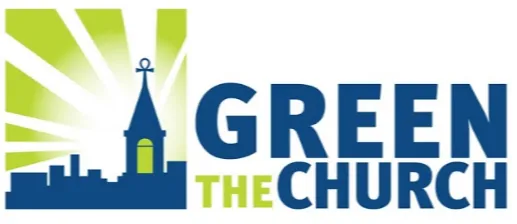
Re-Energizing the Alabama IPL
Oct 19, 2022
by Rebecca Shipman ([email protected])
Rev. Michael Malcom was inspired to look beyond the walls of the church to what was happening in society after attending a conference that emphasized the disparities many members of Black congregations face, such as lack of clean air and water. He walked away with a new passion and a new calling to do work for energy justice. The former Senior Pastor of Rush Memorial Congregational UCC in Atlanta, GA, brought his many years of experience practicing theological education and pastoring to his position as Executive Director of Alabama Interfaith Power and Light starting in 2018.
Under his leadership, the organization has focused on addressing the immediate concerns in the everyday lives of Alabama residents. This includes creating and disbursing relief funds to help vulnerable people facing the effects of environmental degradation in their communities, teaching weatherization and other energy-efficient practices for congregations to implement in their facilities. This work goes beyond how to care for the sanctuary and emphasizes care for people in that church community and creating policy for change nationwide.
After spending time learning about environmental injustices, what was clear to Rev. Malcom was that part of the solution was addressing the racial issues with the understanding that “racial issues are the undertone for every societal issue that we have.” In Rev. Malcom’s eyes, the environmental and energy injustices and insufficiency Black and Brown communities face is no coincidence. “I really feel that it’s intentional that we [the Black community] are left with these exorbitant utility bills and it is keeping us in financial bondage” he explains.
With this understanding and his church background, Rev. Malcom knew that for change to come he must address it from a faith perspective and teach environmental injustice as a moral issue. And to execute changes, Rev. Malcom knew he had to create legislation. Rev. Malcom turns to the teachings of Rev. Dr. Martin Luther King, Jr., who said:
“It may be true that morality cannot be legislated, but behavior can be regulated. It may be true that the law cannot change the heart, but it can restrain the heartless. It may be true that the law can’t make a man love me, but it can restrain him from lynching me, and I think that’s pretty important also. So while the law may not change the hearts of men, it does change the habits of men. And when you change the habits of men, pretty soon the attitudes and the hearts will be changed. And so there is a need for strong legislation constantly to grapple with the problems we face.”
Concurrent with his reconfiguring of Alabama IPL, Rev. Malcom also started The People’s Justice Council, a faith-based group of public theologians from various faith traditions who operate at the intersectionality of justice through interdisciplinary methods, which works closely with Alabama IPL. He also serves on many committees and task forces working seeking to change legislation in order to spread his mission beyond Alabama to a national level. Rev. Malcom is working towards utopia through policy. “I want a just community where everyone is counted equally and everyone’s voice is heard, where everyone is protected equally, and no one has to be without.”

